NIS, the Coordination Body for Gender Equality and the UN Agency for Gender Equality and Women’s Empowerment (UN Women) hosted a conference entitled “Energy, Gender Equality and Sustainable Development” at the Jevremovac Botanical Garden in Belgrade.
The gathering aimed to highlight the importance of gender equality, which the United Nations pointed out as one of the 17 global sustainable development goals, as well as to talk about the position of women in the energy sector of Serbia.
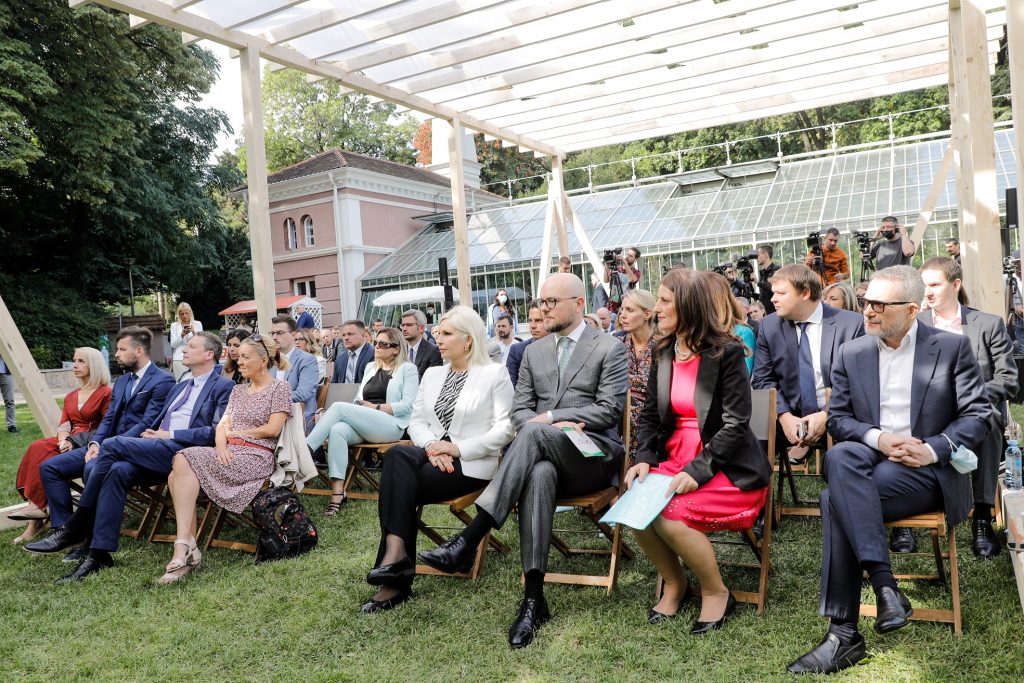
Opening the conference, Professor Zorana Mihajlović, PhD, Deputy Prime Minister of Serbia, Minister of Mining and Energy and Chairwoman of the Coordination Body for Gender Equality, pointed out that “gender equality and gender perspective must be found in every pore of our society so that in a few years, we can say that we have succeeded in providing equal conditions for women as well as for men.”
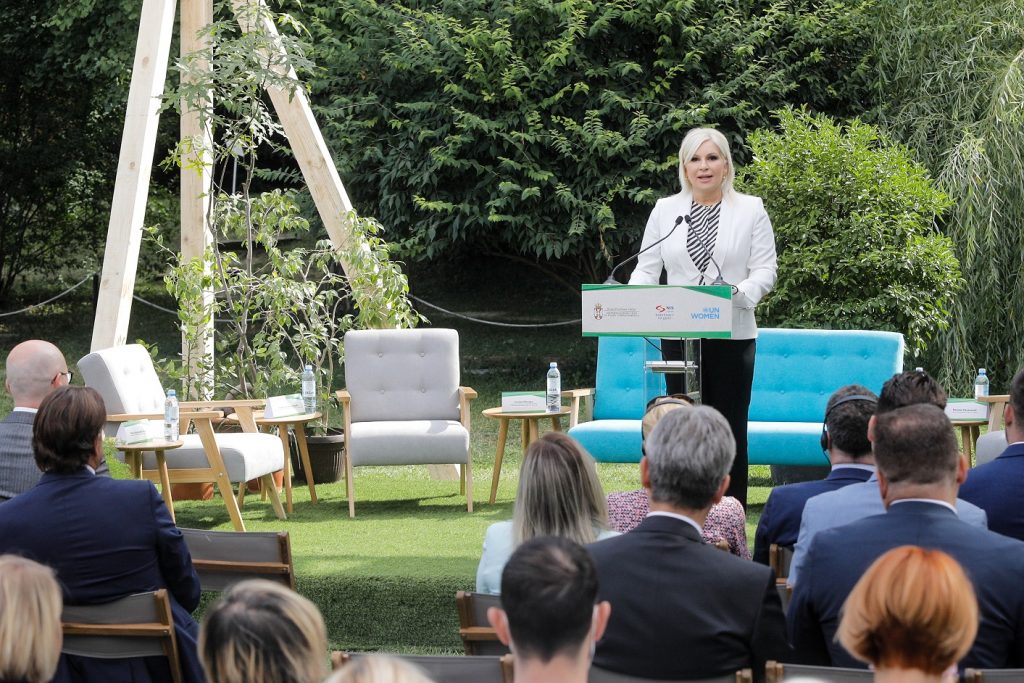
“This year is crucial for the development of energy and environmental protection, but also for gender equality, related to which we have initiated numerous processes. We are recognized around the world for our achievements. If in terms of the position of women in the energy sector, many of them are employees but almost none of them are managers and decision-makers regarding the matters of money and investments, which amount to several hundred million euros. More women graduate from university than men even in this segment so let’s give them a chance to apply what they have learned on the labour market,” said Zorana Mihajlović.
Gender equality for NIS is not just a nice idea that should be realized in the future. For us, equality is a daily practice that we diligently improve day by day
Kirill Tyurdenev, General Manager of NIS, pointed out that employees are the most valuable resource for the company, as well as that NIS has hired over 11,000 employees, one-third of whom are women.
“Gender equality for NIS is not just a nice idea that should be realized in the future. For us, equality is a daily practice that we diligently improve day by day. We see our diversity as a chance to unite the best experiences and improve our business in all areas. A working environment in which the equality of all employees is unconditionally respected is a priority for our company. Gender equality is one of the foundations of the company’s sustainable development, which we will continue to nurture and develop with the support of our partners, including the Ministry of Mining and Energy, and which occupies a prominent place,” said Tyurdenev.
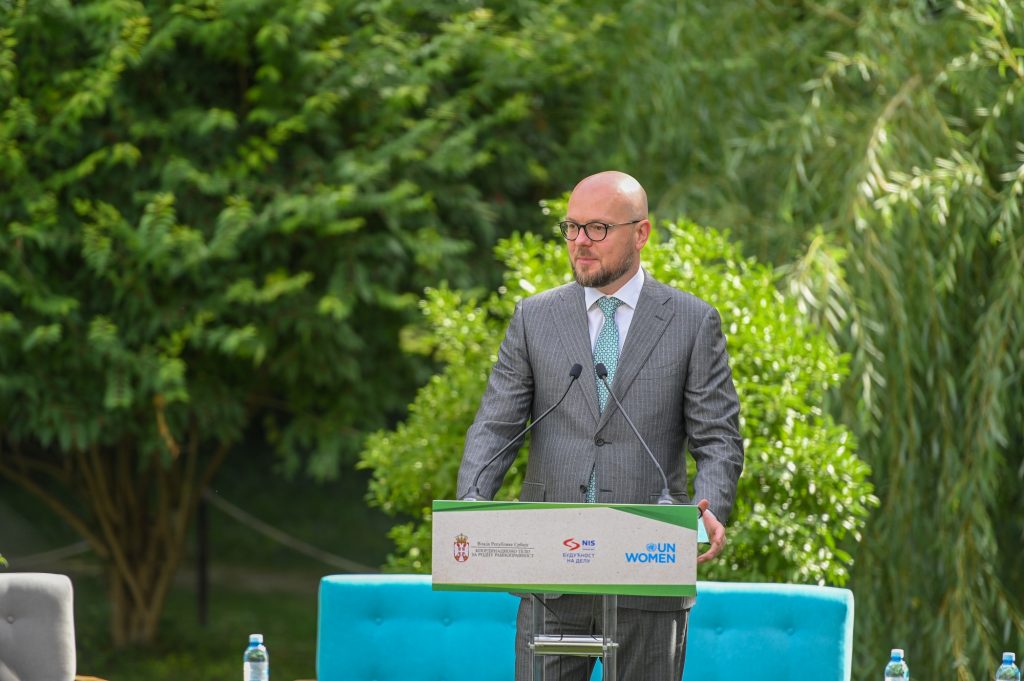
Blerta Cela, UN Women’s Deputy Regional Director for Europe and Central Asia, pointed out that women are key drivers of change that can shape the habits of the whole family when it comes to energy use and other activities aimed at protecting the environment.
“We cannot develop sustainable energy solutions if we do not take into account the main energy consumers who take care of the household, and that is women. All solutions regarding energy poverty must ensure that we do not leave anyone behind, that we give priority to the needs and interests of women and that we deal with women’s energy poverty and low incomes,” said Ms Cela.
After the introductory speeches, a panel entitled “Gender Equality and Energy: Challenges and Potentials” was held, moderated by Maja Lalić, President of the MIXER Association.
Jovanka Atanacković and Zoran Lakićević, State Secretaries at the Ministry of Mining and Energy, Jelena Popara, Director of the Internal Audit and Risk Management Function of NIS, Milana Rikanović, Head of the UN Women Office in Serbia and Danijela Isailović, Manager of the Renewable Sources Association, spoke at the panel.
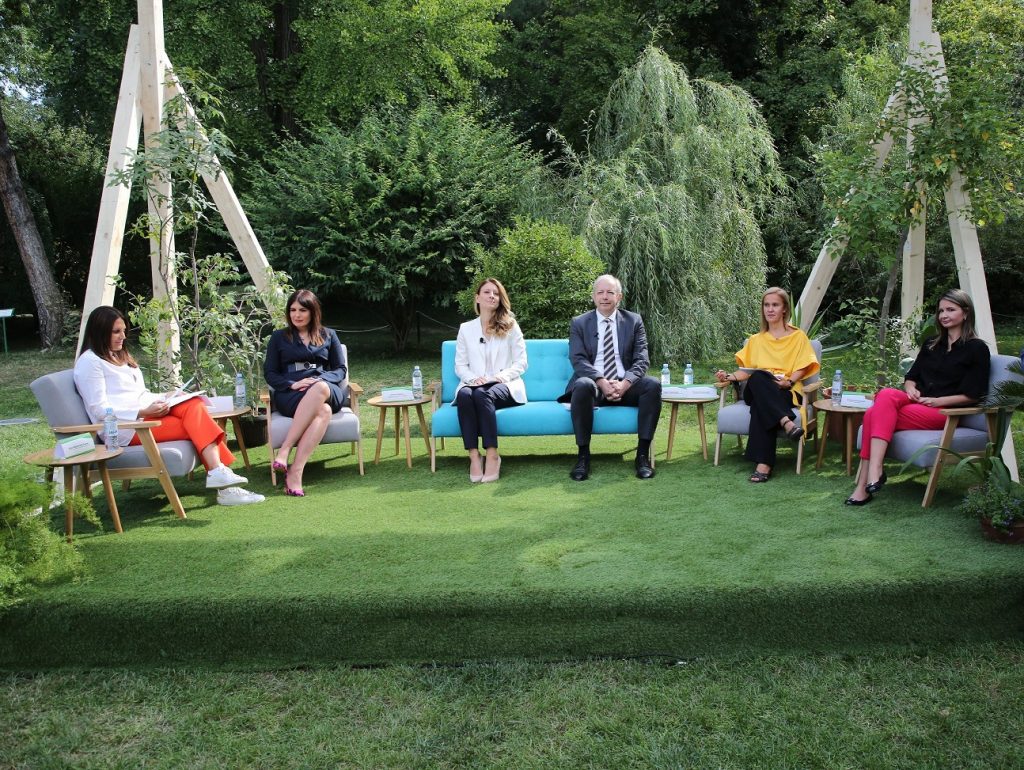
Jelena Popara pointed out that NIS encourages women to pursue occupations that are traditionally perceived as male, and that there are more than 500 women among the 1,853 engineers in the company. Also, NIS enables the gradual return of employees from maternity leave, provides a day off on September 1 for colleagues whose children attend primary school, does not gender-differentiate when it comes to salaries, and encourages training and professional development of all employees.
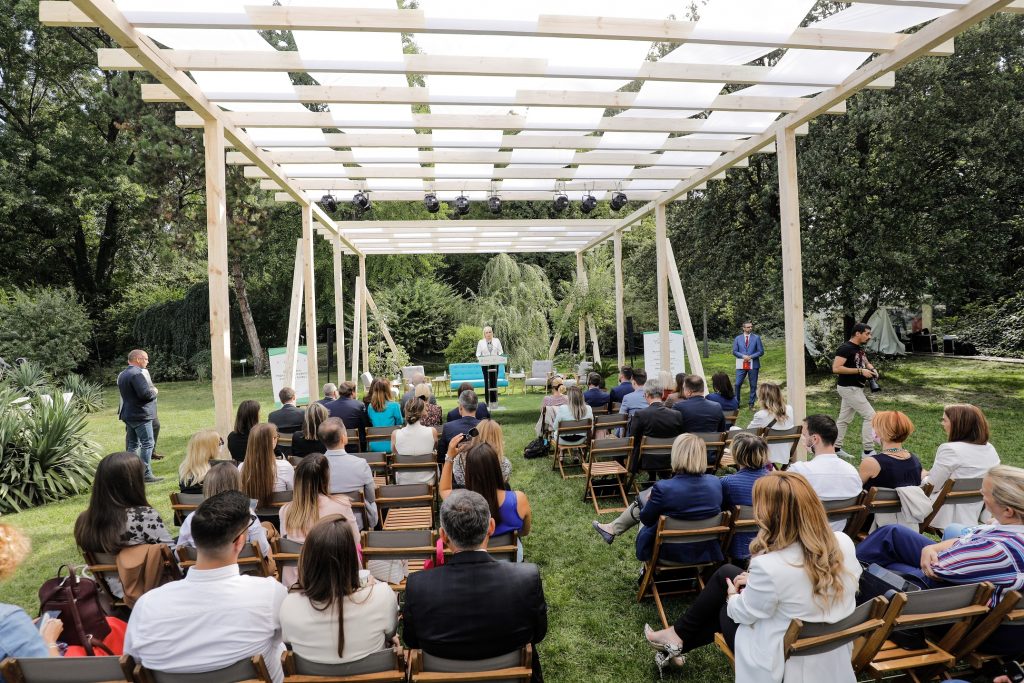
“We want to provide a good example and proof that gender-sensitive companies achieve better results. But gender equality is a complex area in which progress is made through the synergy of the state, companies and the non-governmental sector. That is why the support it provides to the community is of great importance for NIS, and through various programmes, the company has spent over 4 billion dinars for those purposes since 2009. We will continue on that path,” said Jelena Popara.
Jelena Popara pointed out that NIS encourages women to pursue occupations that are traditionally perceived as male, and that there are more than 500 women among the 1,853 engineers in the company
Other participants in the panel agreed that progress has been made in Serbia on the issue of gender equality, as well as that there is room for further improvement.